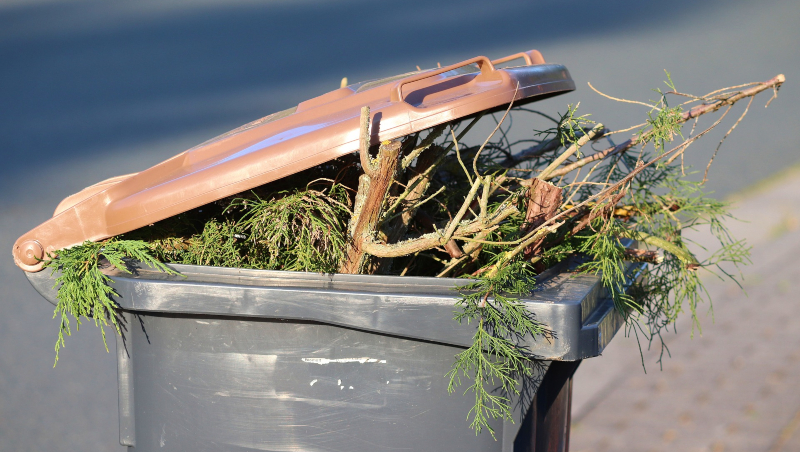
Under UK law, Japanese knotweed is classed as "controlled waste", and causing or allowing the plant to spread is illegal. For this reason, putting Japanese knotweed in your garden bin is illegal.
Japanese knotweed is very easy to spread – a rhizome fragment just 1cm can be enough to start the growth of an entire new plant. This can cause trouble when trying to dispose of the weed – if even a small piece is left or drops to the ground, an entire new plant can grow.
Since Japanese knotweed is an invasive species and the spreading of it (whether accidental or intentional) is a crime, its disposal must be handled with the utmost care.
As such, Japanese knotweed cannot be put in the bin, be it green garden waste, black general rubbish, recycling, or compost. You cannot take knotweed to any dump or tip, and you cannot fly-tip.
More...
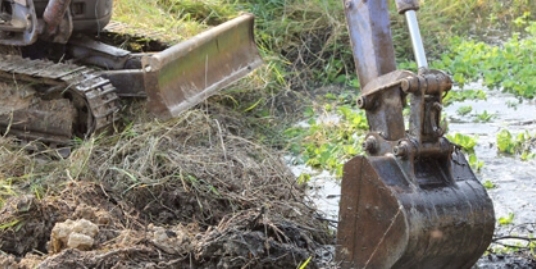
We’re here to distinguish the facts from the fiction regarding Japanese knotweed and knotweed treatments. There is one issue in particular that we’ll be addressing, however. There has been a spike of literature circling online promoting the message that the only acceptable way to treat your knotweed is to have it excavated. So, when should you use excavation to remove knotweed?
More...
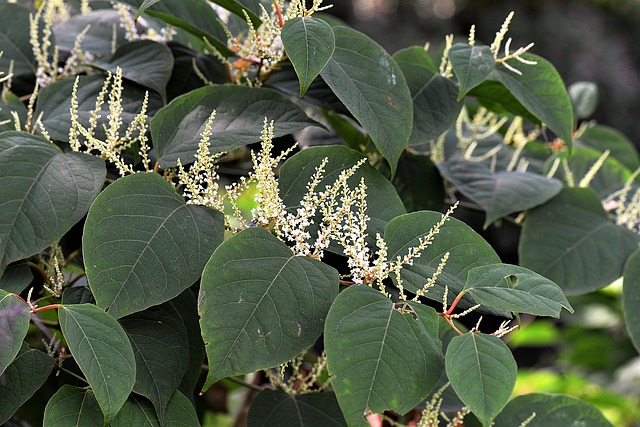
If you’re familiar with Japanese knotweed, you probably already know that it’s a very difficult plant to get rid of – but why is that the case?
There are a number of features that make Japanese knotweed so difficult to remove and kill. If you’d like to find out more about why knotweed is so difficult to treat without professional help and the best way to permanently kill it, keep reading!
More...
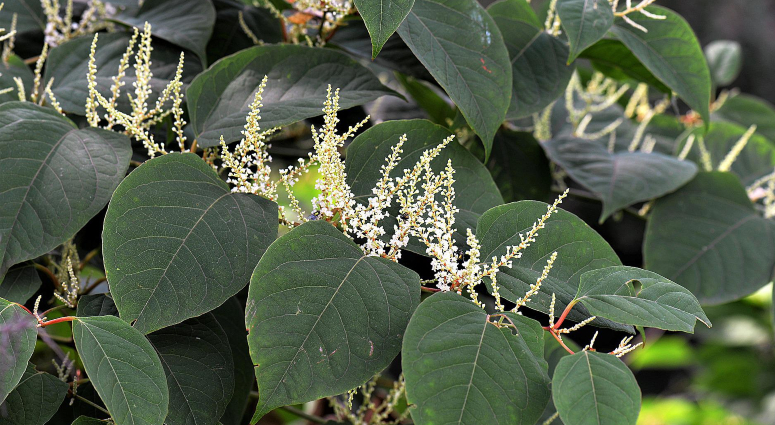
Perhaps one of the most infamous invasive species in the UK, Japanese knotweed is the last thing any homeowner wants to see on their property.
There are a wide number of reasons people don’t want Japanese knotweed on their property – it’s a super spreader that’s incredibly difficult to remove, and it disrupts the native plants and habitats.
Considering this pesky plant has such a menacing reputation, you may have found yourself wondering is Japanese knotweed poisonous? Is it safe to touch?
More...
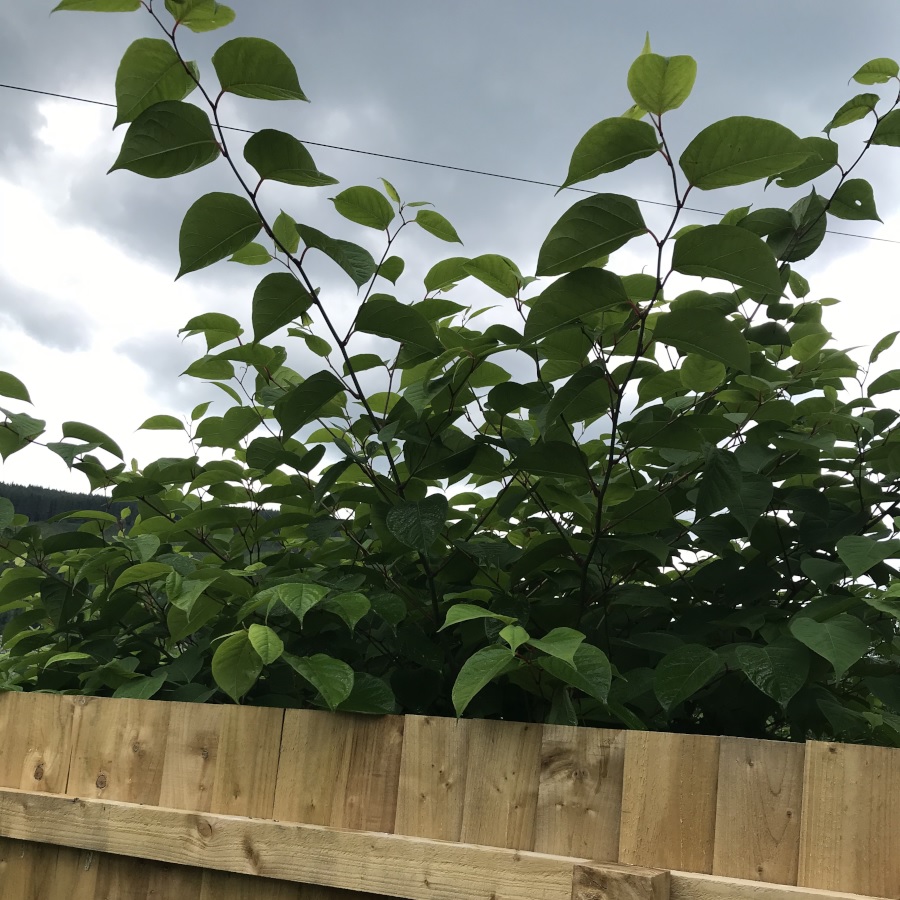
A Japanese knotweed management plan (JKMP) is a document that details the extent and severity of a Japanese knotweed infestation, assesses risk, and lays out a recommended strategy for treatment or removal of the plant.
When buying or selling a property that's affected by Japanese knotweed, it is common for lenders to demand a JKMP from a qualified specialist.
More...
